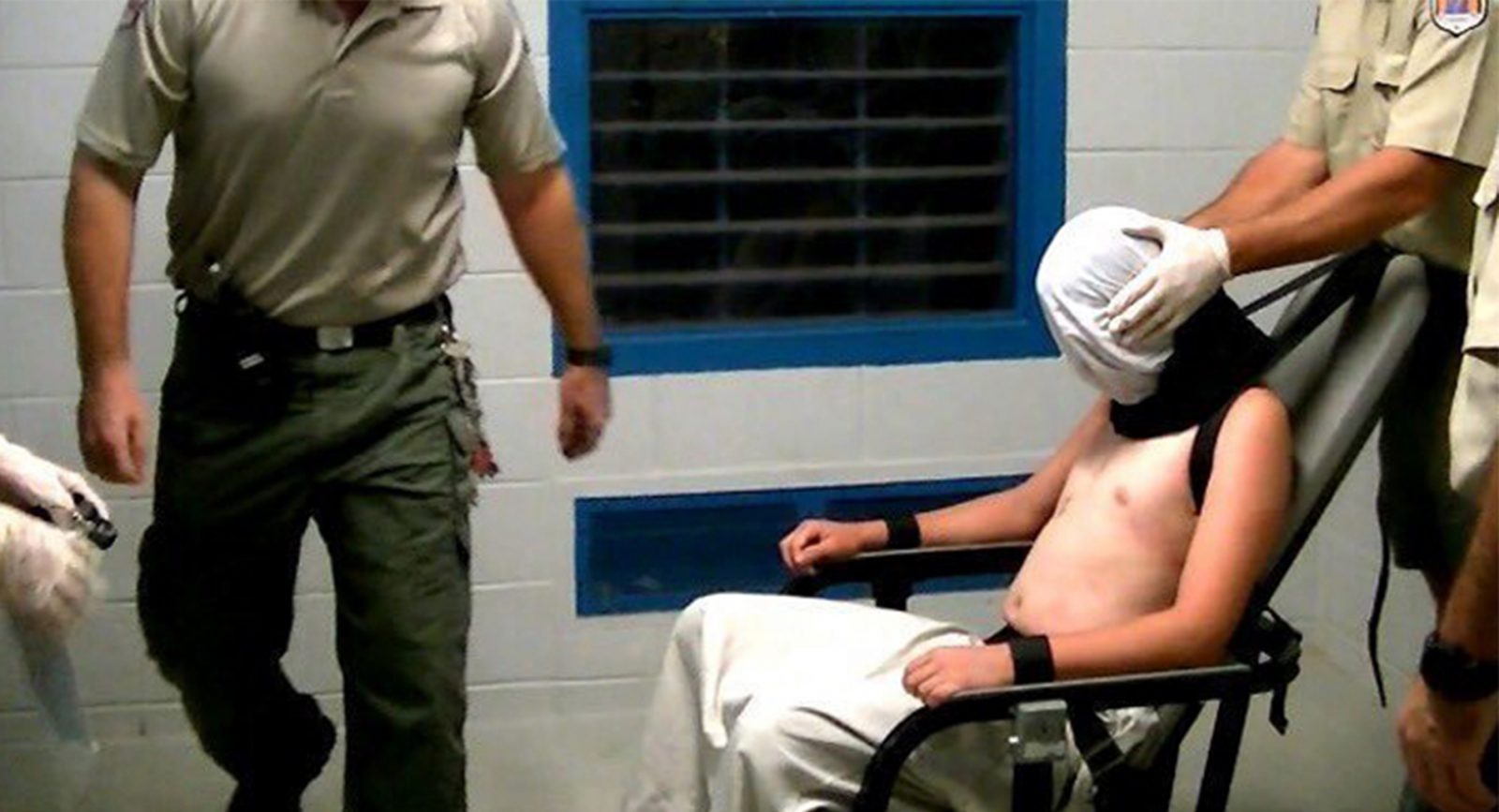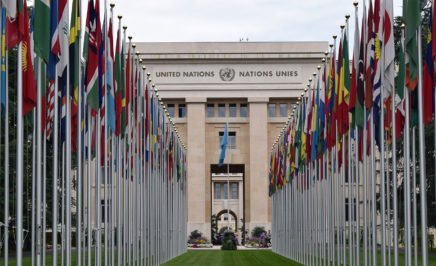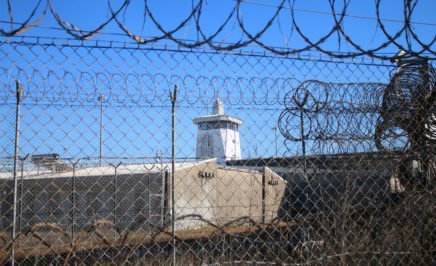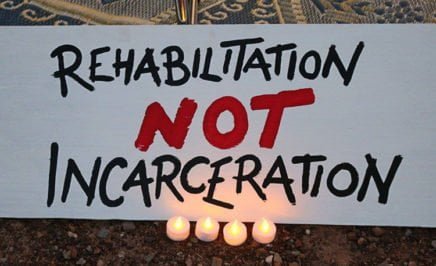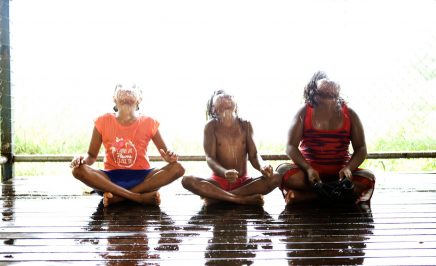No one could have watched Monday’s ABC’s Four Corners without a sense of horror. Distressing is an understatement as I sat and watched a crying, distraught child seized by his neck, forced to the ground, manhandled, stripped naked by three grown men and left alone in a cell. It made me sick.
Amnesty International welcomed Prime Minister Malcolm Turnbull’s announcement of a Royal Commission into the conditions in Northern Territory youth detention. Officials must be held responsible for the horrific abuses carried out.
Yet as distressing as the Four Corners footage was, none of the allegations were new. All levels of government in Australia have known for years about the treatment of children in youth detention in the Northern Territory. What’s more, allegations have not only been made in the NT, but in every state and territory in the last five years.
All levels of government in Australia have known for years about the treatment of children in youth detention in the Northern Territory. What’s more, allegations have not only been made in the NT, but in every state and territory in the last five years.
A Royal Commission is extremely important, but the federal government doesn’t need to wait for an inquiry to tell it what it already knows – that The Northern Territory Government has failed to protect children under its care. Children in NT youth detention remain at risk and they need access to immediate care and support.
The time for a national independent oversight mechanism for Australia’s system of detention is long overdue. What we have seen take place at the Don Dale youth detention centre is the inevitable result of the Federal and State and Territory governments passing the buck and turning a blind eye to abuse.
What we have seen take place at the Don Dale youth detention centre is the inevitable result of the Federal and State and Territory governments passing the buck and turning a blind eye to abuse.
So what can they do?
During a press conference in Parliament House on Tuesday afternoon, Indigenous Affairs Minister Nigel Scullion lamented the lack of transparency in Australia’s detention system. In essence, he was citing the lack of transparency as a reason for ignorance. Speaking of the Don Dale facility, Senator Scullion said:
“This is a closed shop. It’s a prison. Nothing is transparent … We need to find ways to make this transparent.”
“This is a closed shop. It’s a prison. Nothing is transparent … We need to find ways to make this transparent.”
The Minister is right.
The Federal Government should establish or assign a body with powers to independently monitoring all places of detention Australia-wide, and the ability to report on the treatment in our places of detention.
In fact, to kick this can down the road and wait for the Royal Commission’s recommendations would be negligent.
The ironic thing is the government actually has the perfect instrument to make things transparent, and it’s sitting on the Cabinet table right now.
The ironic thing is the government actually has the perfect instrument to make things transparent, and it’s sitting on the Cabinet table right now.
It’s called the Optional Protocol to the Convention Against Torture (OPCAT). Back in 2009, the then-Rudd government signed OPCAT. Yet we never ratified it – made it official. Ratifying OPCAT would mean Australia is compelled to ensure independent monitoring of places of detention – including youth detention facilities. It would also open up Australia’s youth detention regime to international scrutiny, ensuring our leaders are held accountable for their actions towards children in detention.
Yet it’s been sitting in the top drawer for seven years.
‘Active consideration’ is not good enough
Back in March, when Australia’s human rights record – including our treatment of people in detention – was being scrutinised by the United Nations, the federal government told the United Nations that OPCAT was under “active consideration.”
So, don’t believe our leaders when they say they’re in favour of independent oversight of detention facilities. The easiest means for them to act is sitting right before them, ready to be put into action.
If Prime Minister Turnbull is serious about ensuring the sort of abuse we saw on Four Corners does not happen again, he can act at his next Cabinet meeting.
